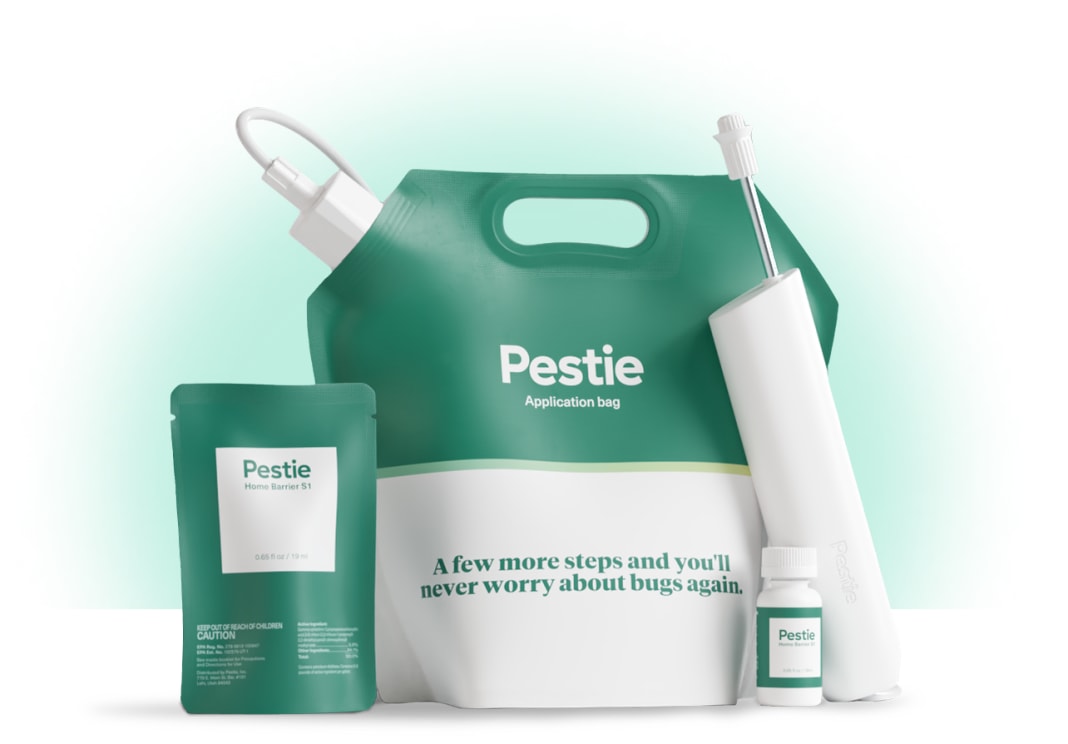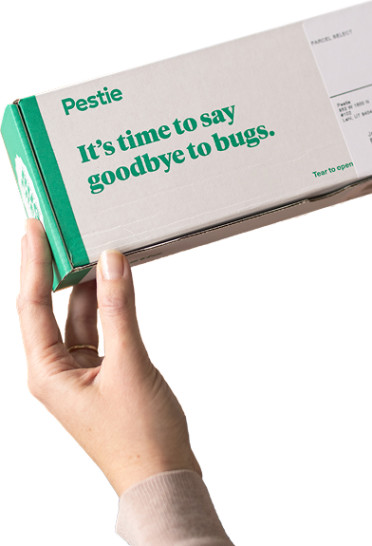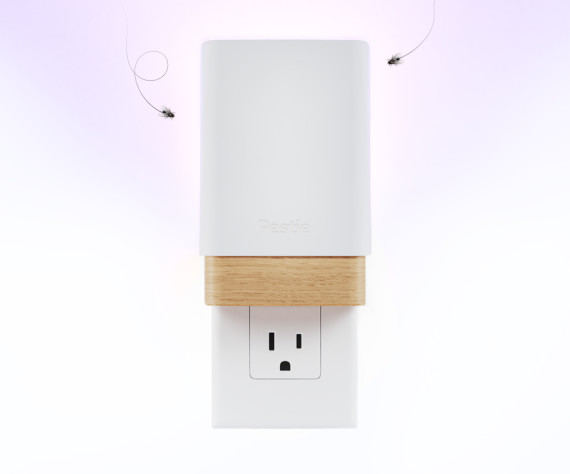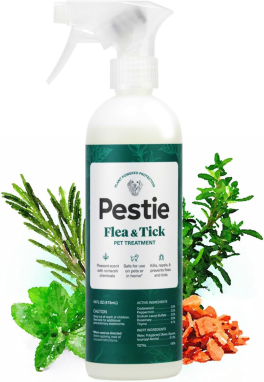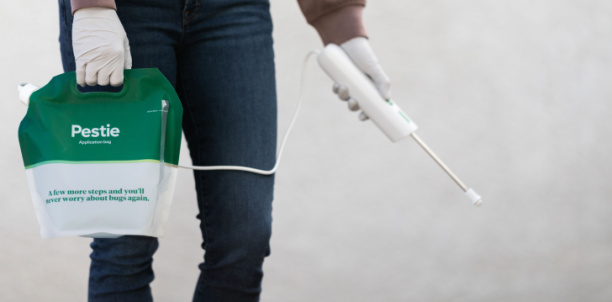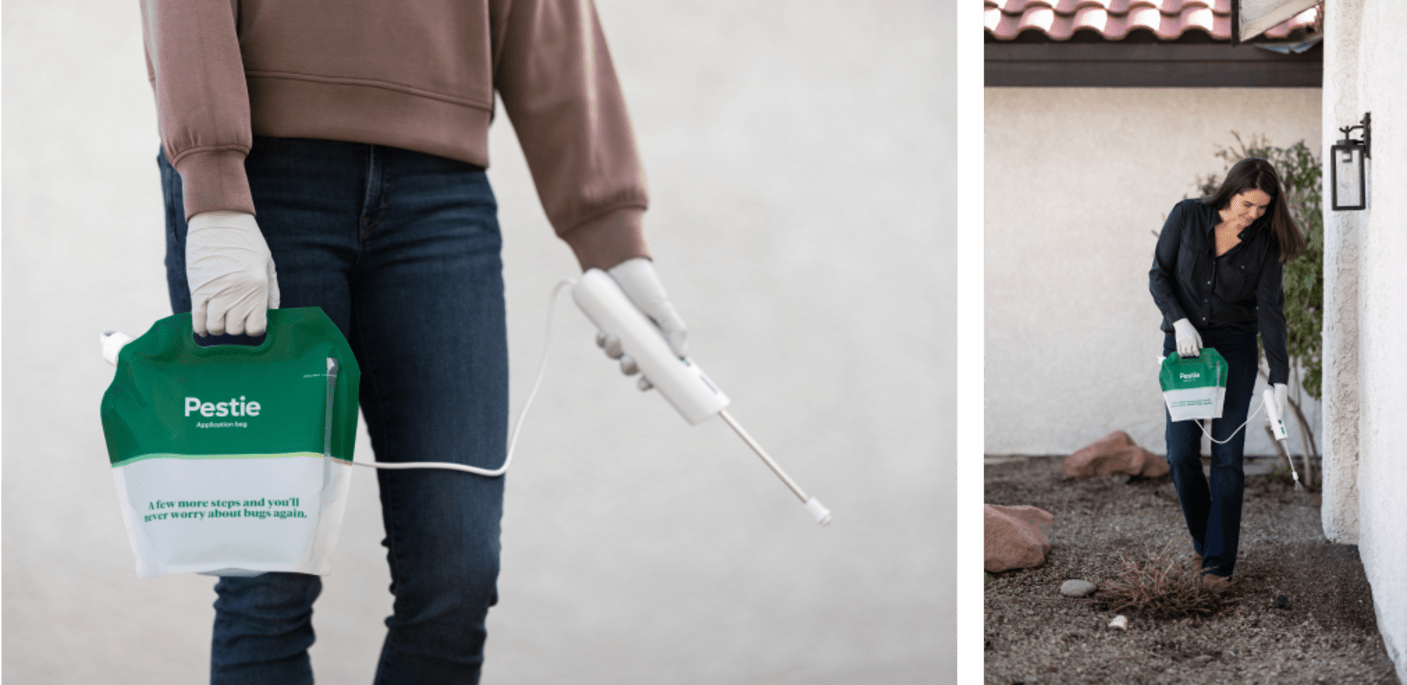How to identify and get rid of stink bugs
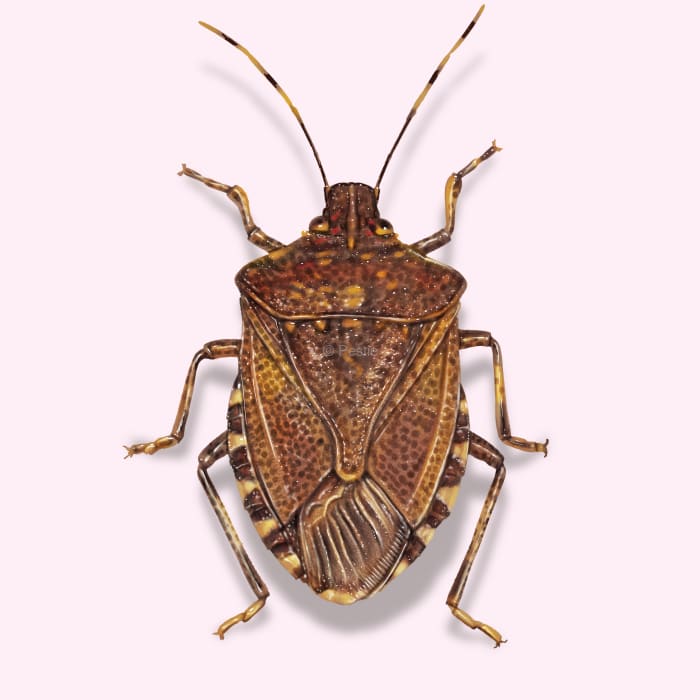
Pyeeew! Keep stink bugs out of your home all-year
Winter is a time to stay inside, get cozy and warm, and take things easy. That’s exactly what your stink bug neighbors are thinking too! Except in your house this winter.
Stink bugs are six-legged insects notorious for the smelly odor they emit when disturbed or smashed. They are attracted to warmth and light and overwinter in sheltered areas. Invasive stink bugs, like brown marmorated stink bugs, flock to the sunny sides of buildings or inside homes when the weather turns cold. They sneak through cracks and gaps around doors, windows, or utility pipes. You’ll also find them attracted to lights and windows at night, taking advantage of any tears or holes in your screens.
Stink bugs feed on various plants and can be a significant pest in gardens or farms. They can be especially problematic in orchards, soybeans, and cotton. They have a piercing-sucking mouthpart that puts a hole in the fruit or crop, which causes it to rot.
While they don’t do any structural damage or cause any medical harm, these annoying invaders can attract their brothers, sisters, and cousins by the hundreds if left unchecked. They are more of a problem in late summer or early fall when temperatures begin to drop. Once inside, they can often die in light fixtures or on window sills, giving off a feint but unpleasant smell. It’s a nuisance that can be avoided entirely with the right steps.
How to identify stink bugs
Stink bugs have a distinct shape that can help you quickly identify them. Look for a triangular or shield-shaped body. They come in a variety of colors, including green, brown, orange, and black. Stink bugs also have long antennae and a straw-like beak that pierces into plants to suck out plant juices.
The nymphs typically have a very different coloration from their adult counterparts. They will be wingless and often brightly colored.
Fun fact
Stink bugs use pheromones, chemical signals, to communicate with other stink bugs. These chemical messages can attract other stink bugs from long distances, helping them to find mates and form large aggregations, especially during the overwintering period.
Are stink bugs dangerous?
Stink bugs don’t bite or sting and don’t carry any diseases to humans or pets. They also don’t do any structural damage. Their biggest problem is their ability to ruin crops and landscaping plants.
What do stink bugs eat?
Stink bugs have a varied diet depending on the species. It’s been reported that stink bugs feed on more than 400 different plants, and predatory stink bugs can prey on 100 different pests in the garden and farm. The invasive brown marmorated stink bug has been known to feed on 170 different plants.
How to get rid of stink bugs
One of the best ways to keep stink bugs from invading your home this fall is to prevent them from entering in the first place. This can include:
- Sealing cracks and gaps in windows, doors, siding, vents
- Repair broken screens on doors and windows
- Reduce outdoor lights on porches or near entryways
- Use blinds and curtains to block indoor lights
- Mow your yard regularly
- Spray an insect barrier
If you happen to find stink bugs in your home, it’s best not to squash them, as that will release a foul smell. Luckily, they aren’t very fast, so you should be able to vacuum them up or drop them in a bucket of soapy water. One of the best ways to prevent stink bugs from coming into your home is by spraying and maintaining a bug-barrier. Pestie has a great solution that will help control these pests all year long.
Treat stink bugs with Pestie
If you're still having trouble keeping stink bugs away, the best option is to use a pro-grade, effective pest control solution like Pestie.
Pestie is a do-it-yourself pest control solution that's specially designed to keep stink bugs and other pests away from your home.
With Pestie, you can rest easy knowing that your living space is protected and free of creepy crawlies. And the best part? It's designed for people, pets, and the planet, so you can say goodbye to harsh chemicals and hello to peace of mind!
- Save hundreds compared to traditional annual pest plans
- People, pet, and planet-friendly
- Pro-grade customized formulas
